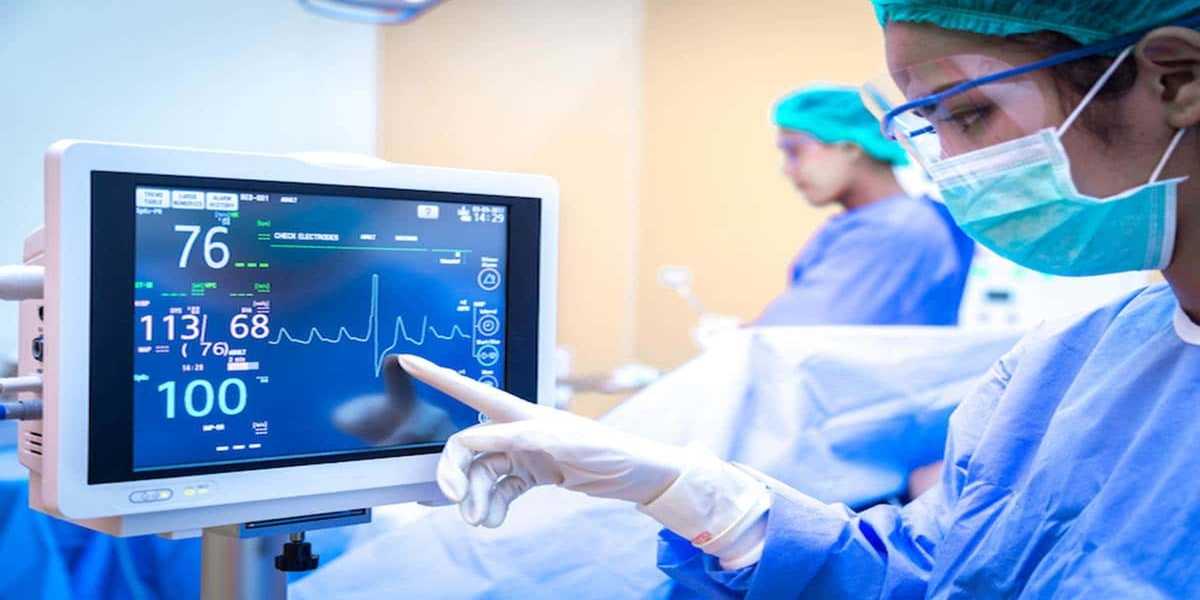Call Us
B.Sc Critical Care Technology Course
Overview
- Bachelor of Science (B.Sc) in Critical Care Technology is a specialized undergraduate program that trains students to provide critical care support in intensive care units (ICUs), emergency departments, and other high-dependency medical settings.
- The course focuses on the knowledge and practical skills required to assist doctors and nurses in monitoring and managing critically ill patients using advanced medical equipment and techniques.
- This course is ideal for students interested in the healthcare sector and wanting to contribute to saving lives in high-pressure environments.
- B.Sc in Critical Care Technology is a promising career path for students aspiring to be frontline healthcare professionals in critical environments.
- With increasing healthcare infrastructure and growing awareness, the demand for trained technologists in critical care is only expected to rise.
- Whether you aim to work in India or abroad, this course opens up diverse, impactful opportunities in the medical field.
Age Limit
- The minimum age requirement is 17 years at the time of admission.
- There is generally no upper age limit, but this may vary slightly depending on the institution or entrance exam norms.
Eligibility
- To be eligible for B.Sc in Critical Care Technology, candidates must:
- Have completed 10+2 (or equivalent) with Science stream (Physics, Chemistry, Biology/Mathematics).
- Secure at least 50% marks in aggregate (relaxation for reserved categories as per government rules).
- Some colleges may also require proficiency in English.
Duration
- The course duration is 3 years (6 semesters), followed by a 6-month to 1-year internship (depending on the institute).
Course Fees
- The course fee varies depending on the college and its location:
- Government Colleges: ₹10,000 – ₹50,000 per year
- Private Colleges: ₹50,000 – ₹2,50,000 per year
Entrance Exams
- Admission can be merit-based or entrance-based. Some of the common entrance exams include:
- NEET-UG (some states and private colleges)
- CUET (Common University Entrance Test)
- State-level exams like WBJEE, KCET, etc.
- University-specific exams such as JIPMER, AIIMS Entrance, SRMJEEE, etc.
Career Opportunities
- Graduates in Critical Care Technology are highly demanded in hospitals, especially in intensive care units, operation theaters, and trauma centers. Career roles include:
- Critical Care Technologist
- ICU Technician
- Emergency Medical Technician (EMT)
- Respiratory Therapist
- Anesthesia Technologist
- Dialysis Technician
- Clinical Application Specialist (Medical Devices)
Placement
- Most reputed colleges have tie-ups with leading hospitals and healthcare centers for placement. Some top recruiters include:
- Apollo Hospitals
- Fortis Healthcare
- Max Healthcare
- Manipal Hospitals
- AIIMS
- Narayana Health
- Medanta – The Medicity
Salary
- The average salary depends on the job role and the type of healthcare facility:
- Entry-level: ₹2.5 – ₹4 LPA
- Mid-level (3-5 years): ₹4 – ₹6 LPA
- Experienced professionals: ₹6 – ₹10 LPA or more
Syllabus
- The curriculum covers both theoretical knowledge and practical training. Common subjects include:
- Anatomy & Physiology
- Pathophysiology
- Microbiology
- Pharmacology
- Principles of Critical Care
- Intensive Care Equipment
- Medical Ethics
- Advanced Life Support Techniques
- Patient Monitoring
- Infection Control
- Clinical Internship and Hands-on Training
Specializations
- Though the course itself is specialized, graduates can further specialize in:
- Neonatal and Pediatric Critical Care
- Trauma and Emergency Care
- Respiratory Therapy
- Cardiac Care Technology
- Anesthesia Technology
After B.Sc in Critical Care Technology
- After graduation, students can opt for:
- M.Sc in Critical Care Technology
- M.Sc in Respiratory Therapy
- Postgraduate Diploma in Emergency Medicine
- Master of Hospital Administration (MHA)
- MBA in Healthcare Management
- Work abroad opportunities (with certification)
- Higher studies and certifications increase scope and salary prospects significantly.
Popular Colleges and Universities
- Some well-known institutions offering B.Sc in Critical Care Technology are:
Government Institutions
- AIIMS (All India Institute of Medical Sciences)
- PGIMER, Chandigarh
- JIPMER, Puducherry
- Government Medical Colleges (various states)
Private Institutions
- SRM Institute of Science and Technology
- Manipal Academy of Higher Education
- Christian Medical College (CMC), Vellore
- Amrita Institute of Medical Sciences
- DY Patil University
- Bharati Vidyapeeth, Pune
